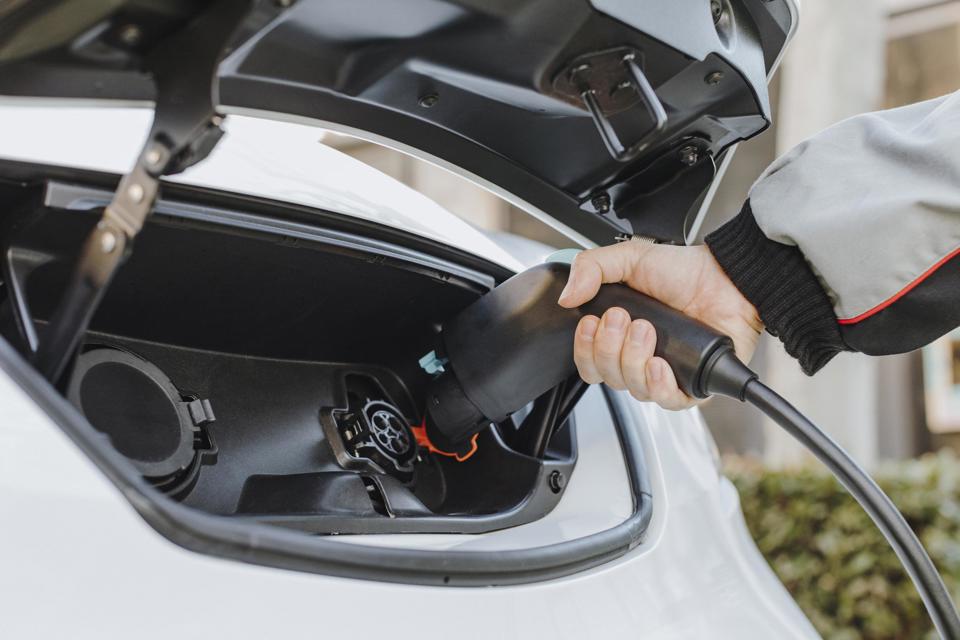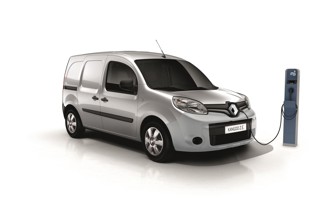The Office for Zero Emission Vehicles (OZEV) has announced that the annual end-user limit for plug-in van grant applications has been increased with immediate effect.
The limit on the number of applications a fleet is able to submit has been raised by 50%, from 1,000 to 1,500 per financial year.
The Department for Transport (DfT) first introduced a maximum number of applications, impacting large fleet operators, in December 2021. It said at the time that it wanted to ensure “best value” for money for the taxpayer as well as ensuring the plug-in budgets were protected and distributed as “fairly as possible”.
The new limit is effective immediately and, according to OZEV, has been introduced in response to "market conditions". The grant, it said, was being kept under continual review.
In response to the announcement, the British Vehicle Rental and Leasing Association (BVRLA) welcomed the plug-in van grant extension, but said fleets still face an uphill challenge to transition to zero emission vehicles.
Gerry Keaney, BVRLA chief executive, said: “The Government is listening, and today’s plug-in van grant extension will be welcomed by the largest fleet operators.
“The grant is a vital tool in bringing more electric LCVs to UK roads, but it is not a silver bullet.”
Keaney explained that fleet-friendly public charging infrastructure is scarce, and operators are struggling to find electric vehicles that can match their diesel counterparts when it comes to cost of ownership, payload or range.
“The zero emission vehicle Mandate that comes into force next year will encourage manufacturers to produce more affordable and capable electric vans,” he said. “In the meantime, we need to see a huge effort in rolling out a more affordable, reliable and accessible van fleet-friendly charging infrastructure. We need a new electric van plan.”
Sue Robinson, chief executive of the National Franchised Dealers Association (NFDA), which represents car and commercial retailers across the UK, believes that the order limit extension to 1,500 is positive news for the commercial and van industry.
However, she said: “Whilst this is a move in the right direction, NFDA is concerned that a great deal more could be done to promote and incentivise the transition to electric.
“There is still a deeper-rooted issue with the UK’s charging infrastructure network and this remains a key barrier to entry for many that have concerns on this issue. The Government needs to match the efforts and investments retailers have made in preparing their showrooms, stock and staff for the 2030 deadline.”
The Government withdrew the plug-in car grant (PiCG), which was worth up to £1,500 off an electric vehicle (EV), last June.
The level of the plug-in van grant was cut in December 2021. For small vans, 2.5 tonnes gross vehicle weight (GVW) or less, the grant had given consumers 35% off the purchase price up to a maximum of £3,000 but was reduced to £2,500.
For larger vans, 2-3.5 tonnes GVW, the grant was also cut, from a maximum of £6,000 to £5,000.
There were no changes to grant rates for vehicles over 3.5 tonnes.
The Government confirmed in March 2022, that fleets would have access to the plug-in van and truck grants for an additional two years, until 2024/25.























Login to comment
Comments
No comments have been made yet.